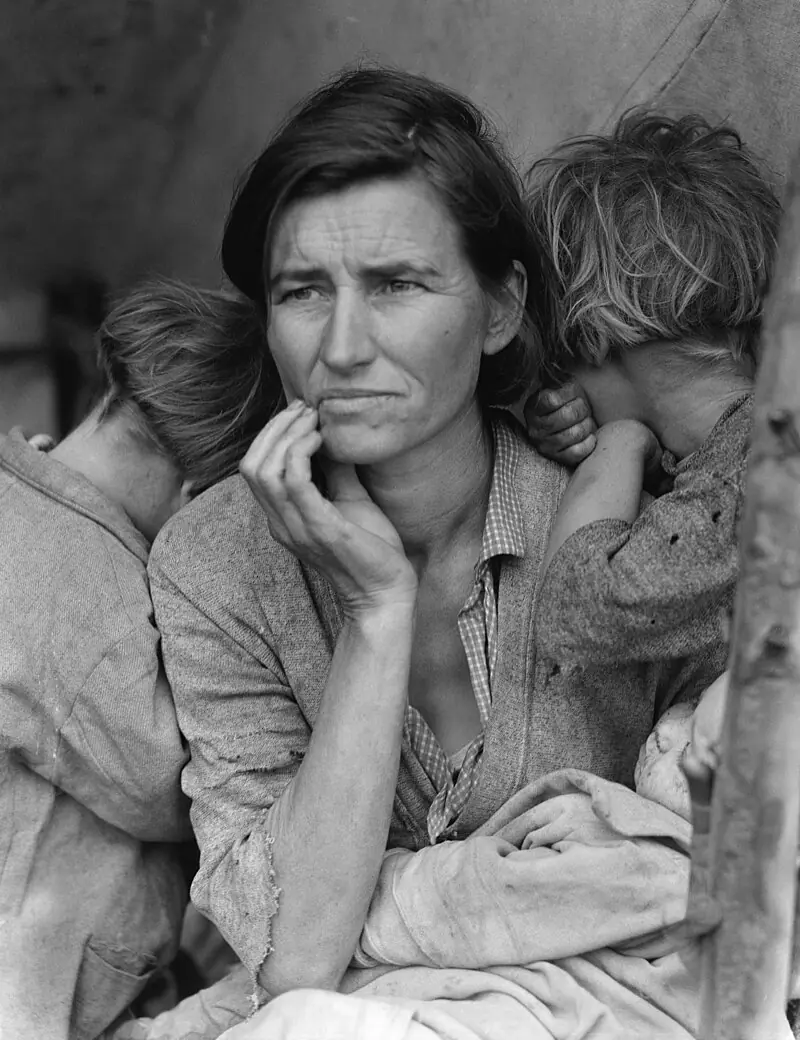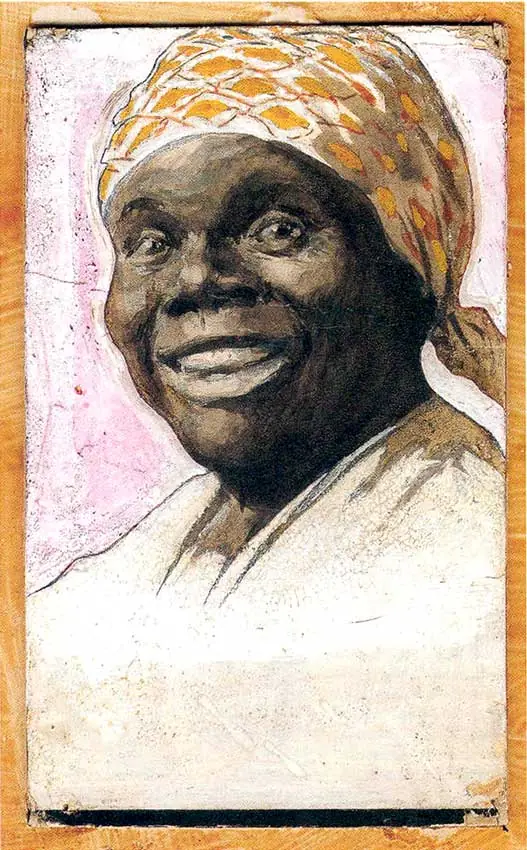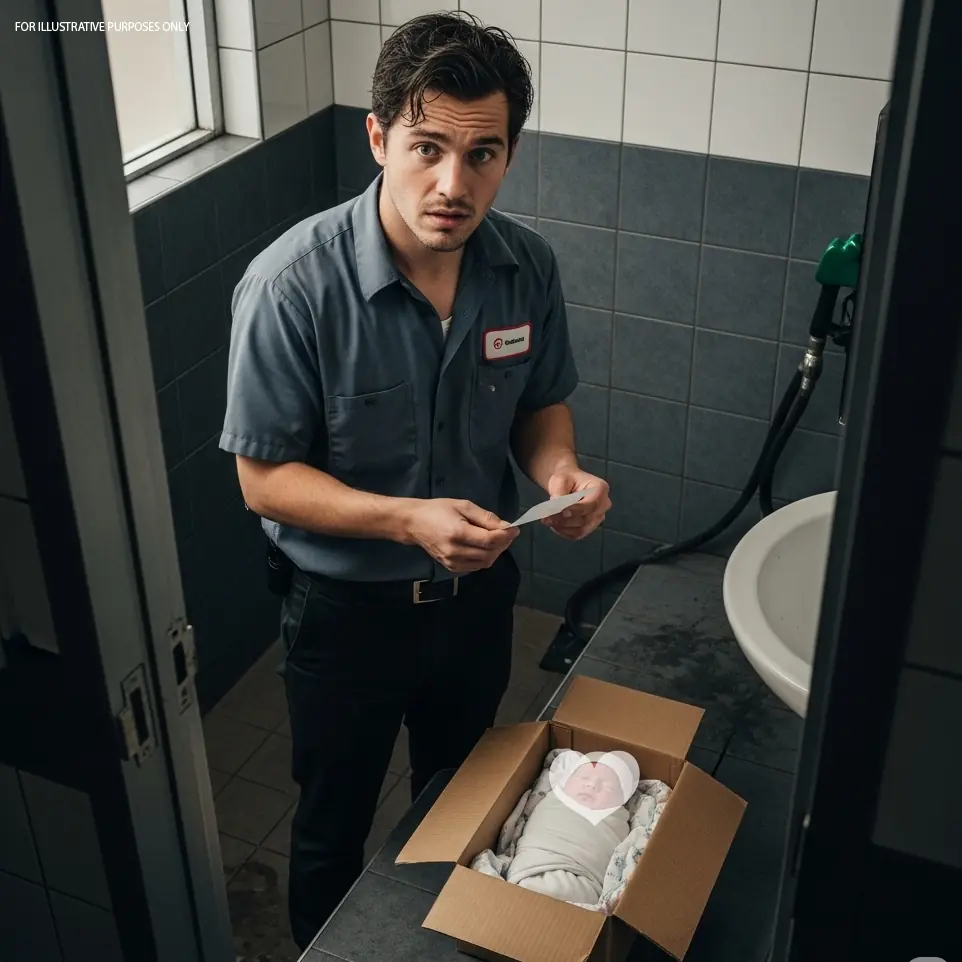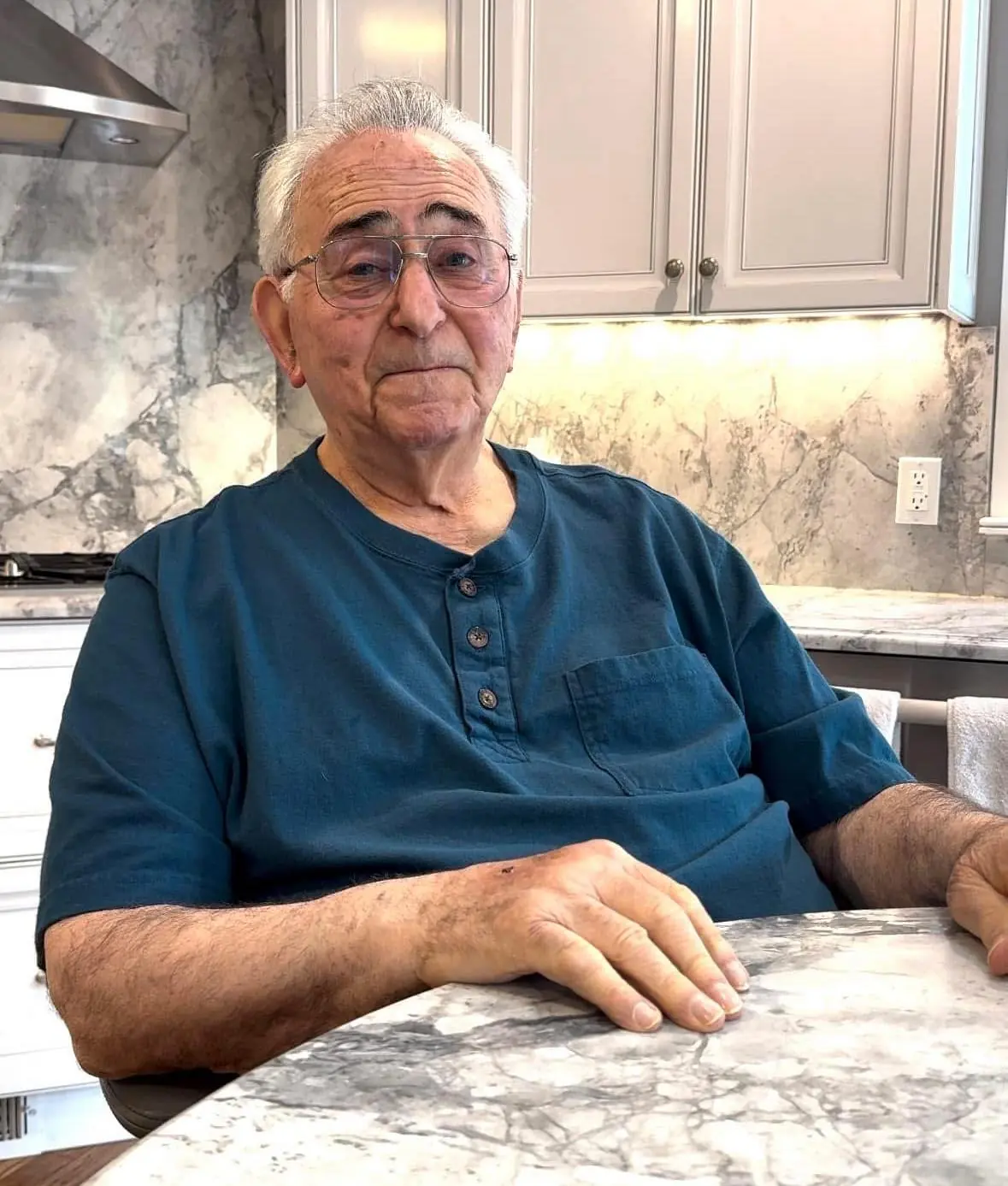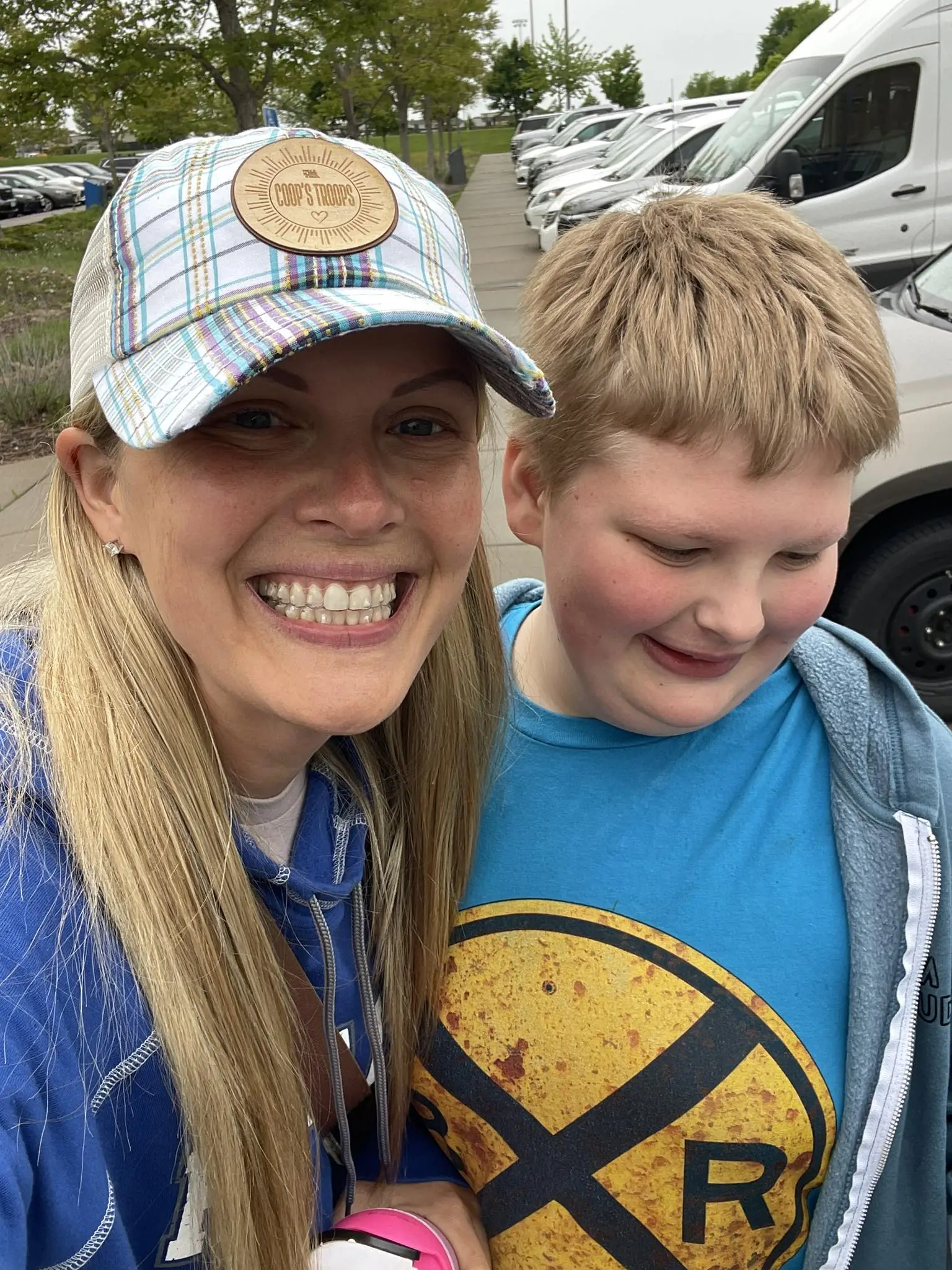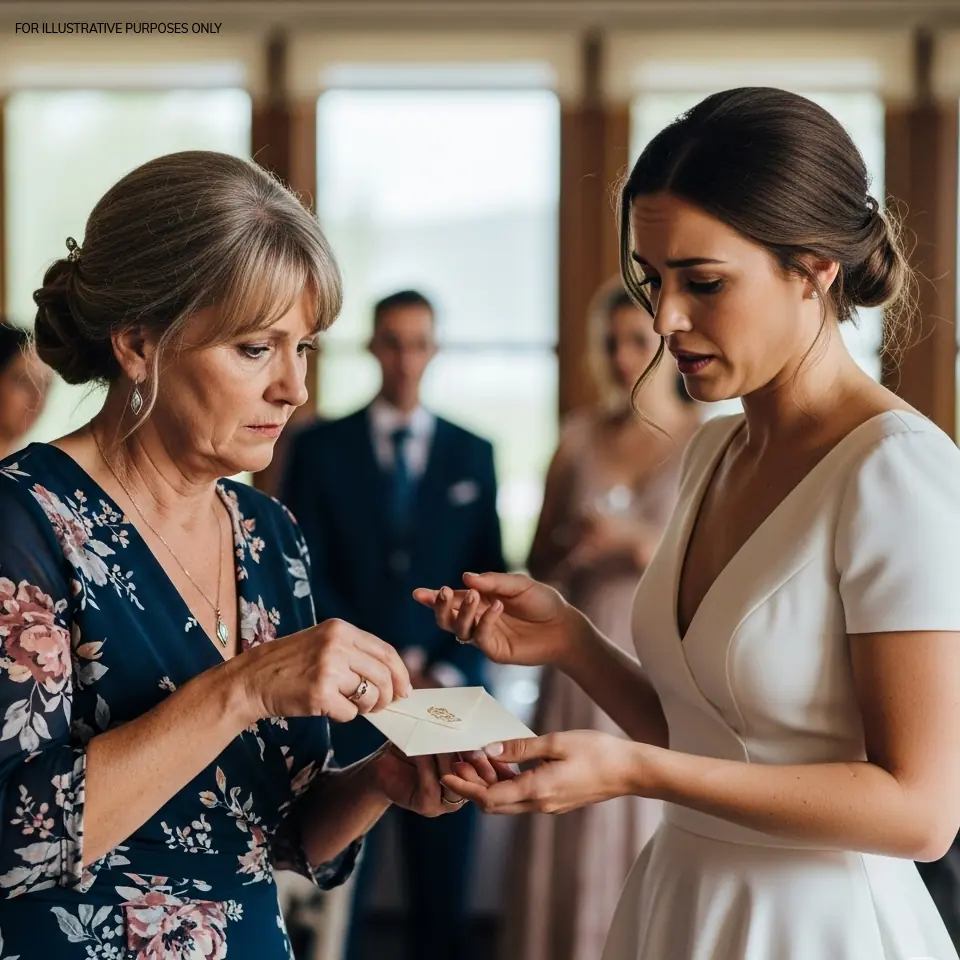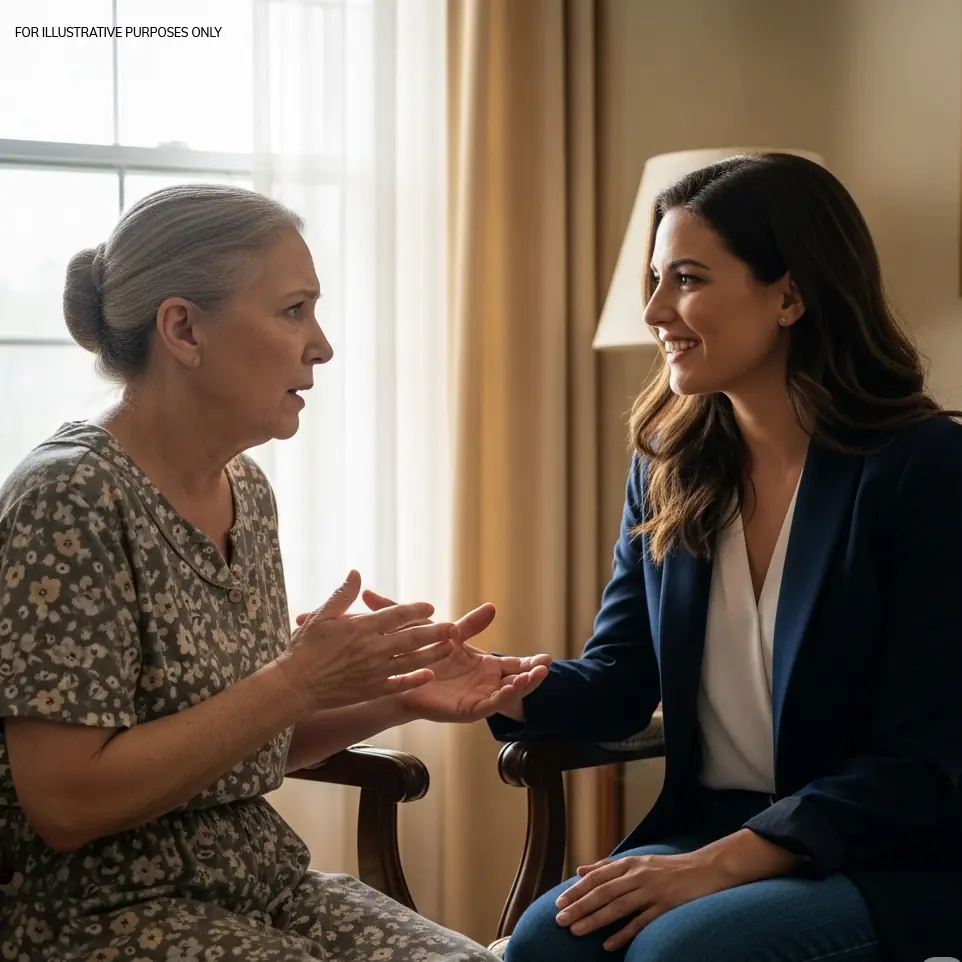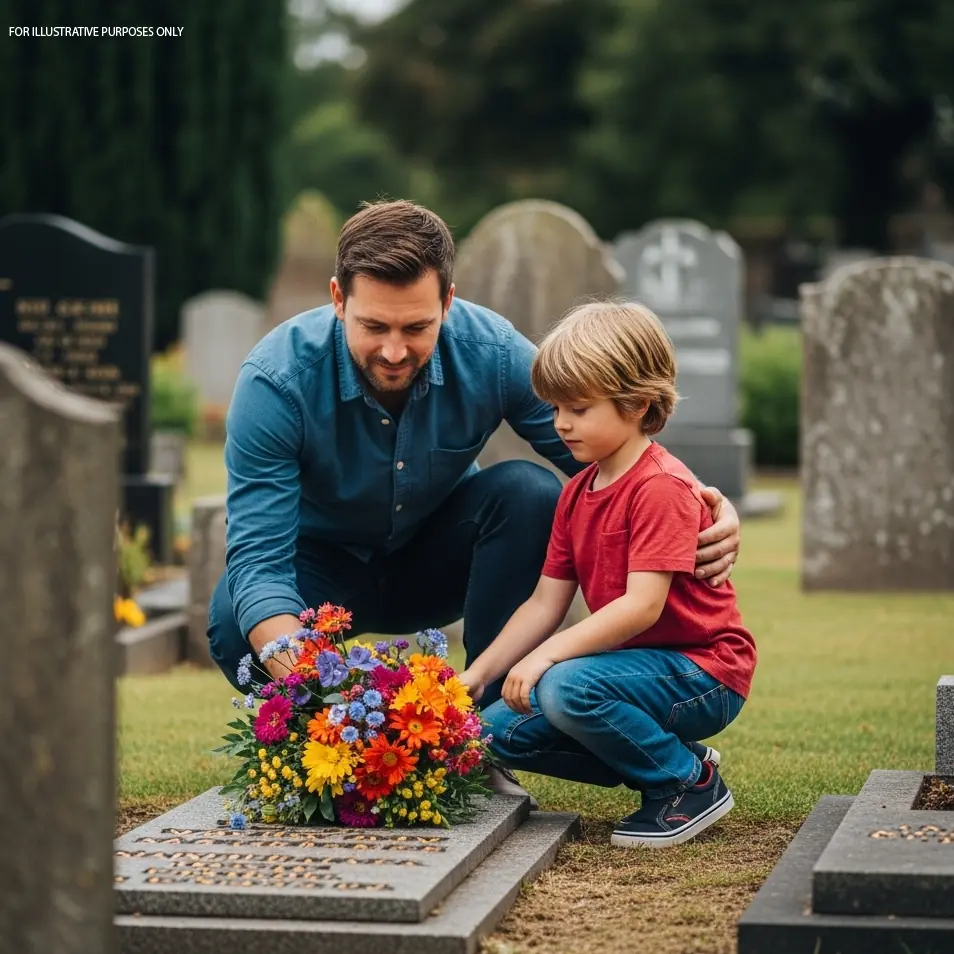When my sister-in-law and her daughter with special needs stayed with us, chaos ensued. Now she’s asking to stay again, but I’m exhausted. Is saying no really selfish? A heartfelt journey of boundaries, empathy, and family dynamics.
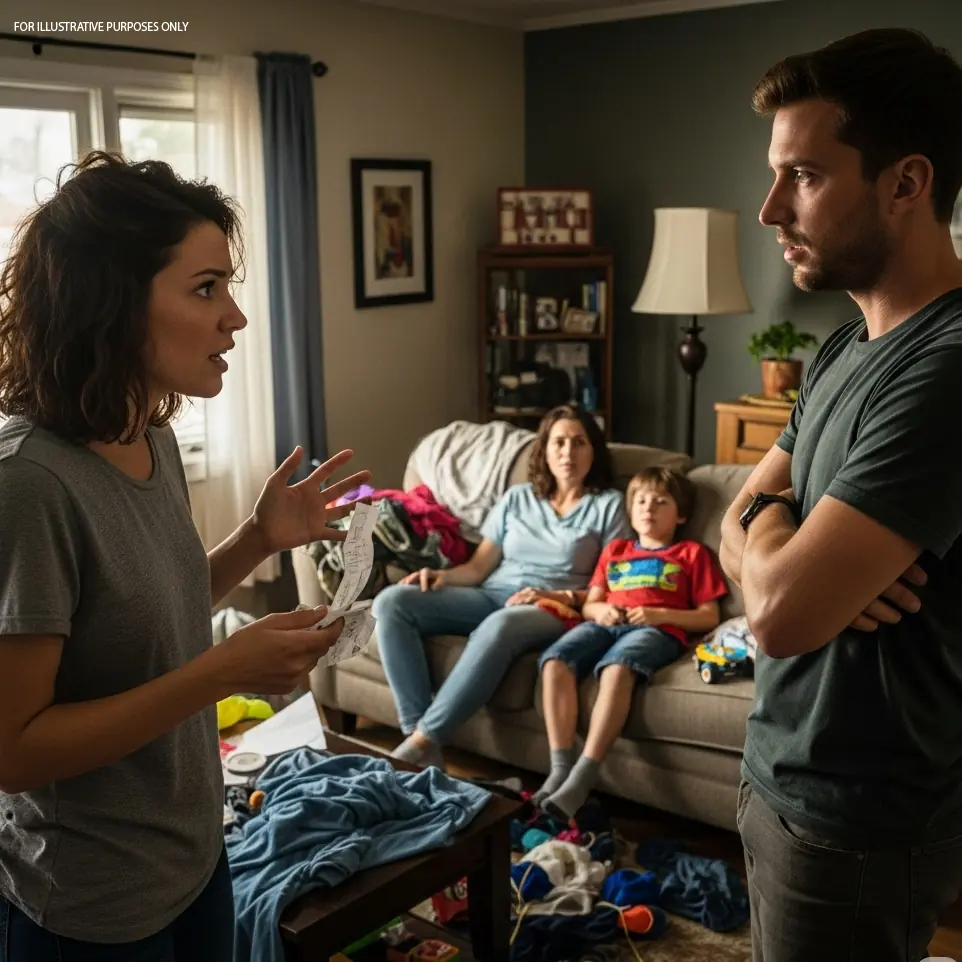 The Arrival
The Arrival
I still remember the day my sister-in-law, Grace, and her three-year-old daughter, Lily, arrived at our home for that nearly week-long stay. Grace was there for an autism assessment — a journey I deeply sympathized with but one that soon began testing the very fabric of our family life.
My husband, Mark, and I had a four-year-old son, Ethan. Our household was built on routine, order, and a lot of quiet moments. Ethan’s world thrived on predictable rituals: no screens except for our weekly movie night, limited sugar, and early bedtimes. We had rules, yes, but they were a way to cultivate calm and security.
Grace, on the other hand, was a free-spirited mom, doing her best to navigate an overwhelming situation. Her little girl, Lily, clung tightly to her iPad, the volume cranked so loud it was almost a physical force in the room. When Grace tried to lower it, Lily’s screams would fill the house, a piercing sound that left no corner untouched.
Our first dinner together was strange yet hopeful. Grace sat at the table, her eyes glued to the glowing screen, fingers swiping, while Ethan watched curiously. I told myself this was an opportunity — a chance for Ethan to learn that not all families look or behave the same. But by day three, the hope had thinned to frustration. The nights were shattered by banging and screaming; the iPad’s glow remained constant far past bedtime. The chaos stretched beyond Lily’s needs — Grace would often disappear for hours without a word, leaving her daughter under our watch, an unspoken request that weighed heavily on me.
The Strain Builds
“Mark,” I whispered one night, exhau$tion heavy in my voice, “this isn’t working. I’m barely sleeping, and Ethan is struggling. He even asked to sleep in our room because he’s so unsettled.”
Mark rubbed his face. “I know, I know. But it’s just for a little while. Grace’s situation... it’s tough.”
“But it’s our home too,” I replied firmly. “And we didn’t sign up to be full-time caregivers on top of our own parenting.”
He sighed deeply, “I understand. Maybe next time, we can suggest the hotel again.”
“We did. I even offered to pay for it,” I said, my frustration bubbling to the surface. “But Grace wouldn’t hear of it. She said she needed to be close for the assessment.”
The Argument
The tension between Mark and me grew as the visit wore on. One evening, after a particularly loud episode, I pulled him aside.
“Mark, I’m worried about Ethan. He’s a sensitive child, and this environment is wearing him down.”
“I get it, but what can we do? Grace and Lily need us.”
“We’re stretched thin. Grace leaving Lily here without notice for hours? It’s irresponsible. And the noise... I can’t focus on work, I can’t relax.”
Mark looked torn, “Maybe I’m being too soft, but I want to help.”
I placed my hand on his shoulder, “Helping doesn’t mean sacrificing our family’s peace.”
The Second Request — Tension Builds
Months had passed, the memory of that fraught week still lingering in every quiet corner of our home. I thought we had reached some fragile peace, a truce born of exhau$tion and mutual understanding.
Then came the message.
Grace needed to come back for another assessment with Lily. And this time, she was asking—no, almost pleading—if they could stay overnight again.
When Mark showed me the message, his eyes held a mix of hope and hesitation. “What do you think?” he asked quietly, the weight of the last visit apparent in his voice.
I inhaled deeply, the heaviness settling in my chest like a storm cloud. “I think we have to say no this time,” I said, my voice steady but firm. “We helped last time, we gave it everything we had. We love them, but this house isn’t built to withstand another round of that chaos.”
Mark frowned, running a hand through his hair. “She’ll be crushed. Lily needs her mom. Grace is stretched thin. I want to help.”
I nodded, squeezing his hand. “I know. But at what cost? We tried our best—and it nearly broke us.”
He looked down at the floor, conflicted. “Maybe she really has nowhere else to go.”
“That’s not on us to fix. We have our son, our family to protect.”
The Difficult Conversation — Raw and Heartfelt
That evening, I steeled myself and called Grace. I could hear the tension in her voice before she spoke.
“Hey,” she whispered, fatigue etched in every syllable.
“Grace, I want to be upfront,” I began gently. “We can’t host you and Lily overnight again.”
A pause. Then, her voice cracked, “I don’t know where else to go. I thought... I thought family was supposed to be there for you.”
Her words sliced through me. I understood more than she could know — the isolation, the fear, the desperate clinging to whatever hope remains.
“We want to support you, truly,” I said carefully. “But our home has rules, routines for Ethan’s sake, and for our peace of mind.”
“But Lily needs me,” Grace pleaded. “She’s my daughter. You’re her family too.”
“We love Lily,” I assured her, “but hosting her without boundaries is overwhelming. It affects Ethan, it affects us all. We can’t keep going like this.”
Her silence was heavy. Then, softly, “I’m sorry. I didn’t realize how much it affected you.”
“I know you didn’t,” I whispered. “We’re all trying to find our way.”
Reflection and Growth — Navigating the Heart’s Labyrinth
In the weeks that followed, Mark and I navigated a tangled web of emotions — empathy for Grace’s struggle, guilt for setting boundaries, and an unwavering need to protect our little family.
Late at night, we’d talk quietly, our voices a balm and a confession.
“I hate feeling torn between love and self-preservation,” Mark admitted one night.
“It’s not about love failing,” I said, voice low. “It’s about survival — for us, for them.”
“We can’t pour from an empty cup,” he said softly, exhau$tion in his eyes.
“Exactly,” I breathed. “Saying no isn’t cruelty. It’s necessary.”
We began researching respite care, community support, anything that could provide Grace and Lily with stability without draining our home’s fragile peace.
Dialogue: Mark and Me — The Quiet Strength
One evening, wrapped in the silence of a sleeping house, Mark and I shared a moment of vulnerable clarity.
“I don’t want Grace to feel abandoned,” he said.
“Neither do I,” I replied. “But if we don’t take care of ourselves, who will?”
He sighed, nodding. “We love her. We want the best for her and Lily. But sometimes love means letting go.”
“And setting limits,” I added. “Protecting our son’s well-being.”
We held hands, a pact forged in the quiet strength of hard decisions.
The Unexpected Outcome — A New Path
Months later, a message from Grace lifted the weight.
She had found a local daycare specializing in children with additional needs.
“I’m grateful you set boundaries,” she told me over the phone, voice lighter than before. “It pushed me to find support I didn’t know existed.”
I smiled, relief washing over me. “We want to help, Grace. Just in ways that don’t break us.”
Her gratitude was genuine, a bridge rebuilt from mutual respect and understanding.
Closing Thoughts — Love’s Complex Dance
Family is a tapestry woven with threads of love, sacrifice, and boundaries.
Sometimes love means saying no — not to hurt, but to protect.
Our journey is one of growth, painful conversations, and the enduring hope that compassion can coexist with self-care.
And through it all, love remains — not as sacrifice without limits, but as a dance of respect and resilience.

 The Arrival
The Arrival